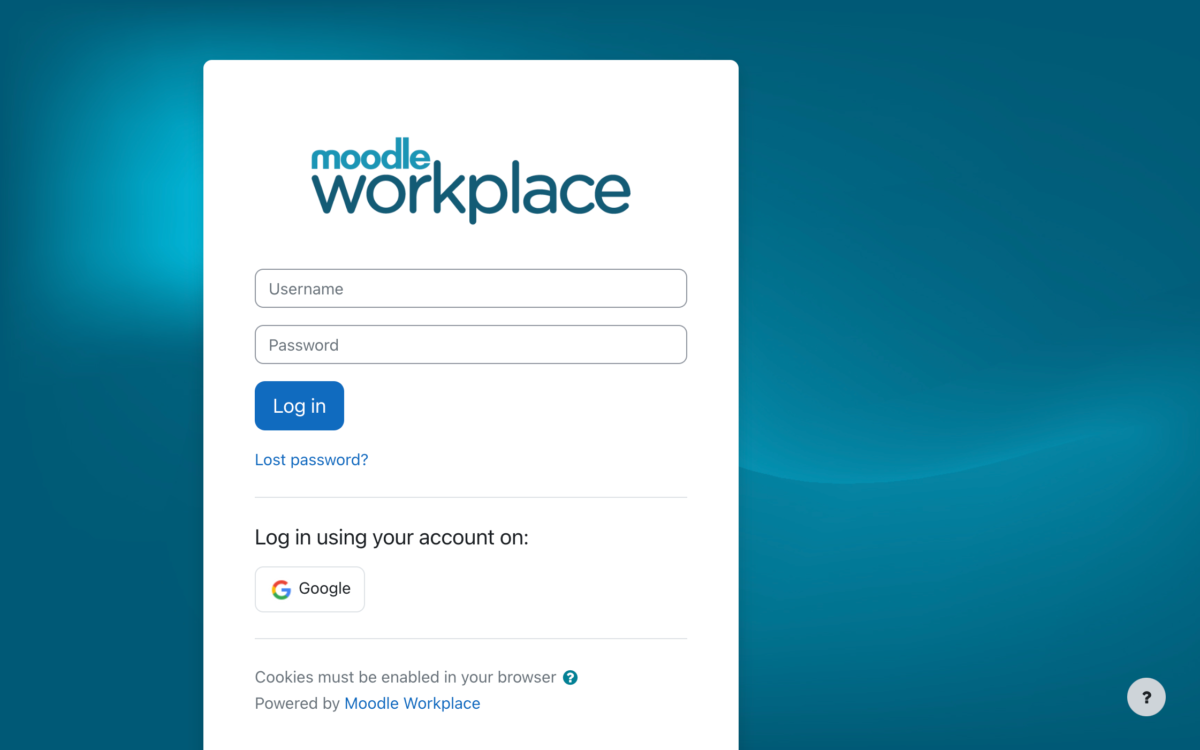Managing a Moodle installation and utilising its functions is not something every organisation has the time or expertise to handle.
Many organisations seek to engage a certified Premium Moodle Partner to minimise the risk, extend project value, reduce system administration, and improve the learner experience.
In this article, we outline the pros and cons of managed hosting services versus self-hosting.
Managed hosting versus Self-hosting
Cost – Ensuring the effective, reliable and seamless availability of a learning management system takes expertise. Designing, implementing and managing the system in-house are tasks that involve procuring hardware and software, and recruiting technical specialists. This can be an expensive and time-consuming exercise. A more cost-effective and quicker approach is to engage a team of experts, such as a certified Premium Moodle Partner. Partners can take care of the technical aspects of managing the LMS – on an ongoing basis – for a small fraction of the cost of employing your own IT department. Meanwhile, you get to focus on core business.
Security – Organisations that self-host often store data on their own servers, including staff and client data, confidential documents and intellectual property. Managed hosting provides added security, as your host will have their own security measures in place around servers to ensure maximum uptime and LMS data protection.
Scalability – Managed hosting with a certified partner can assist with the adjustments and improvements necessary to help your organisation evolve and grow. Moodle’s design with clear separation of application layers allows for strongly scalable setups.
Consultation – A properly scoped project means the solutions employed in delivering a LMS platform are the ones needed and will be adaptable to the changing face of the traditional workplace. Managed hosting means resources are in place to really try and understand customers needs, and get implementation and services deployed – right the first time.
Customisation and integrations – Integrating a LMS with third-party plugins can be technically challenging when self-hosting. When dealing with complicated integrations, a great deal of time and effort can be saved by getting an expert to manage the process.
Backups and updates – Managed hosting takes the hassle out of planning and scheduling backups and security updates to the LMS. With managed hosting, the new features of the updates and upgrades are fully tested to be compatible with the LMS. Regular software updates ensure you receive the benefit of new features, enhancements, bug fixes and security patches. This liberates organisations to explore the new features and enhancements to improve their learning and development offering. Managed hosting not only allows your organisation to stay current on product versions by managed upgrades, but also to stay on top of the newest technologies and innovation.
Please reach out if would like to discuss our certified managed hosting services for Moodle.







